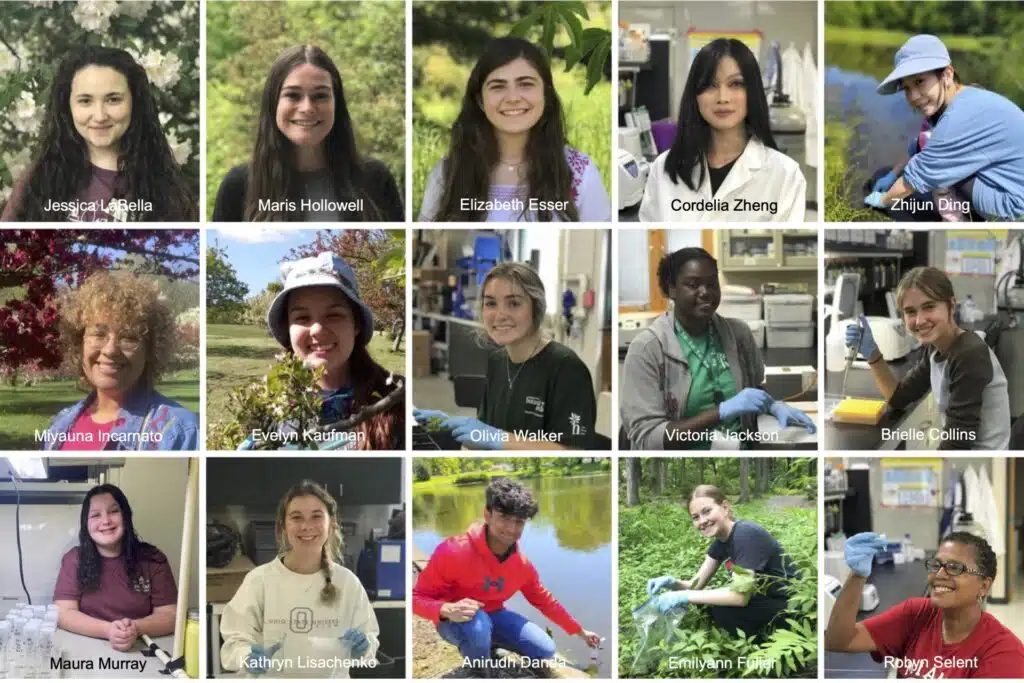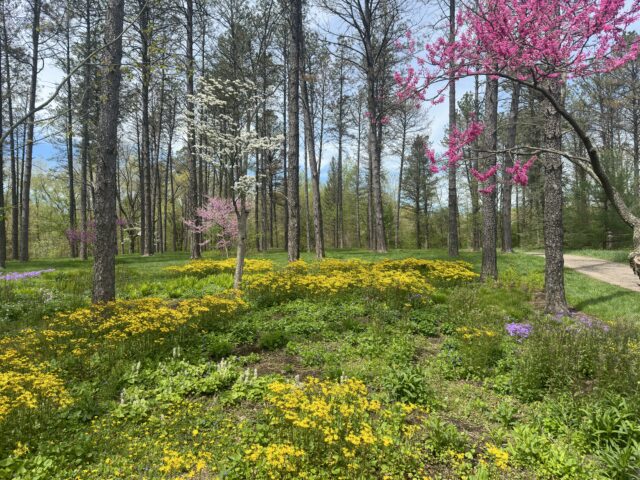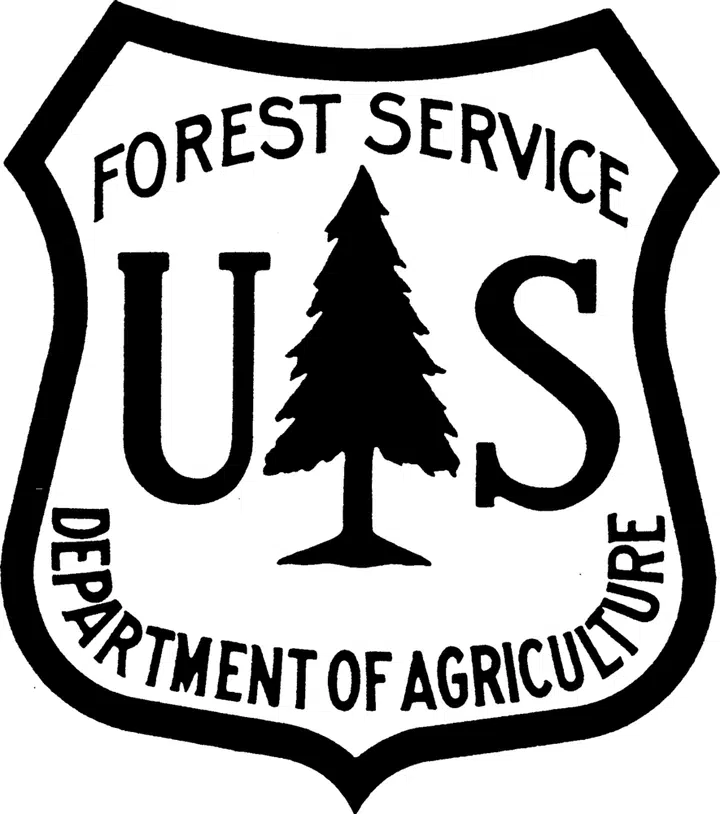Holden Researcher Will Study How Microbes Alter How Plants Respond to Climate Change with Prestigious Award from the NSF
July 26, 2023

There’s an entire universe of microscopic life, living in us, on us, and all around us, too small for the naked eye to see. The more researchers learn about these invisible organisms, the more it becomes apparent how much their world affects ours. The composition of bacteria and other microbes in our gut determine whether we’re healthy or sick. Plants, too, are host to microbial communities which, just like ours, might supply them with nutrients or toxins, or otherwise affect their health.
One way microbial communities are critical for plants is in the way they might mitigate responses to environmental change. As the climate changes, temperatures and water availability will change, which will greatly impact plant communities worldwide. But research suggests that microbes may actually influence the way plants respond to these changes.
Na Wei, plant scientist at the Holden Arboretum, was recently awarded a grant from the National Science Foundation to investigate the ways in which engineered microbial communities influence plant responses to climate change. The grant is a 3-year award for $300,000 for supplies, personnel, and even the development of a suite of programs that will involve underserved middle and high school students and teachers, across multiple U.S. states, in the research.

Wei’s team at Holden is excited for another reason, too: The grant also brings a new robot lab assistant. The robot will automate the handling of plants and mixing different combinations of microbes together.
“This grant will provide a unique opportunity for us to leverage robots to advance our understanding of the rules that govern microbe-microbe and microbe-plant interactions under changing climates,” says Wei. “It aims to provide some solutions to the climate change issue at the forefront of plant biology, microbiology, environmental science, and conservation.”
The Wei lab will turn to a rather unassuming plant to ask their research questions: duckweeds. Duckweeds are widespread aquatic plants — you might recognize them floating on the surface of your local pond — that live under a wide range of temperatures in nature. Duckweeds heavy hitters when it comes to climate change mitigation, as they may take in ten times as much carbon per acre as a natural forest.
The team will collect duckweeds from multiple U.S. states, and then use them to engineer microbial communities for climate change experiments in the lab. The goal? Find out if and how altering the composition of the microbial community living on duckweed can increase its resilience to climate change. In the process, the Wei lab will learn much about how plant hosts and their microbes interact, evolve together, and influence the functioning of ecosystems. It’s an important step toward finding new approaches to mitigate the impacts of climate change.

Anna Funk
Science Communications Specialist
Anna Funk is the Science Communication Specialist for Holden Forests & Gardens. She earned her Ph.D. studying prairie restoration before leaving the research world to help tell scientists’ stories. Today, she wears many hats, working as a writer, editor, journalist and more — anything that lets her share her appreciation of science and its impact with others.











